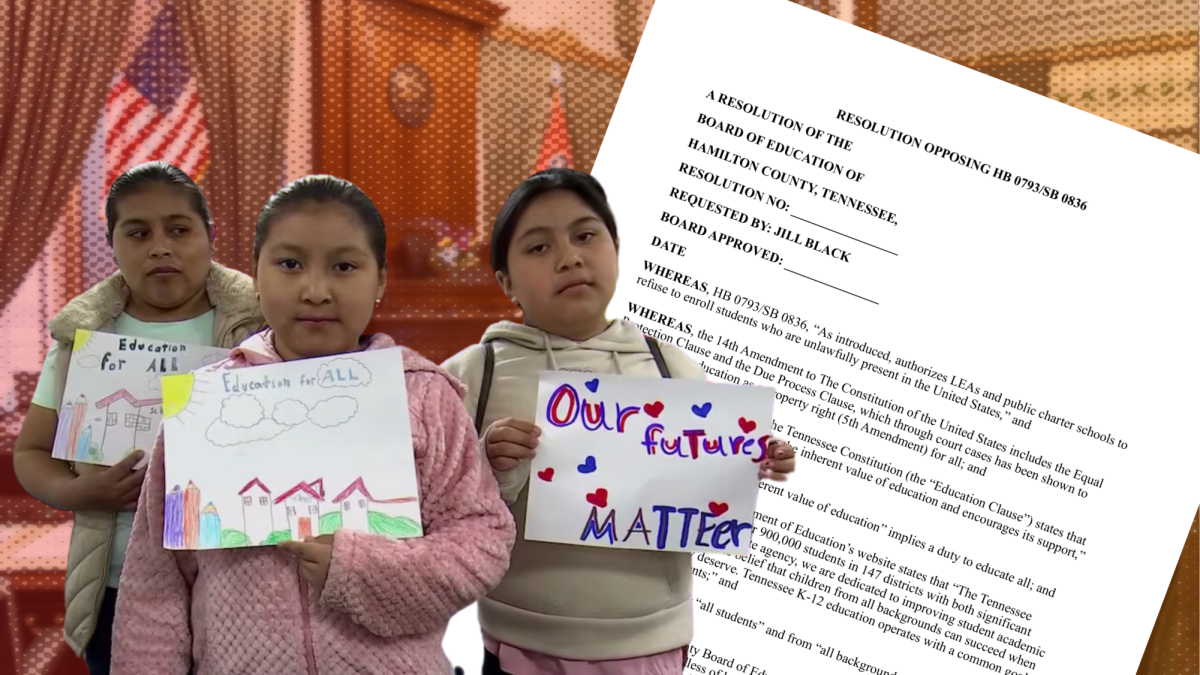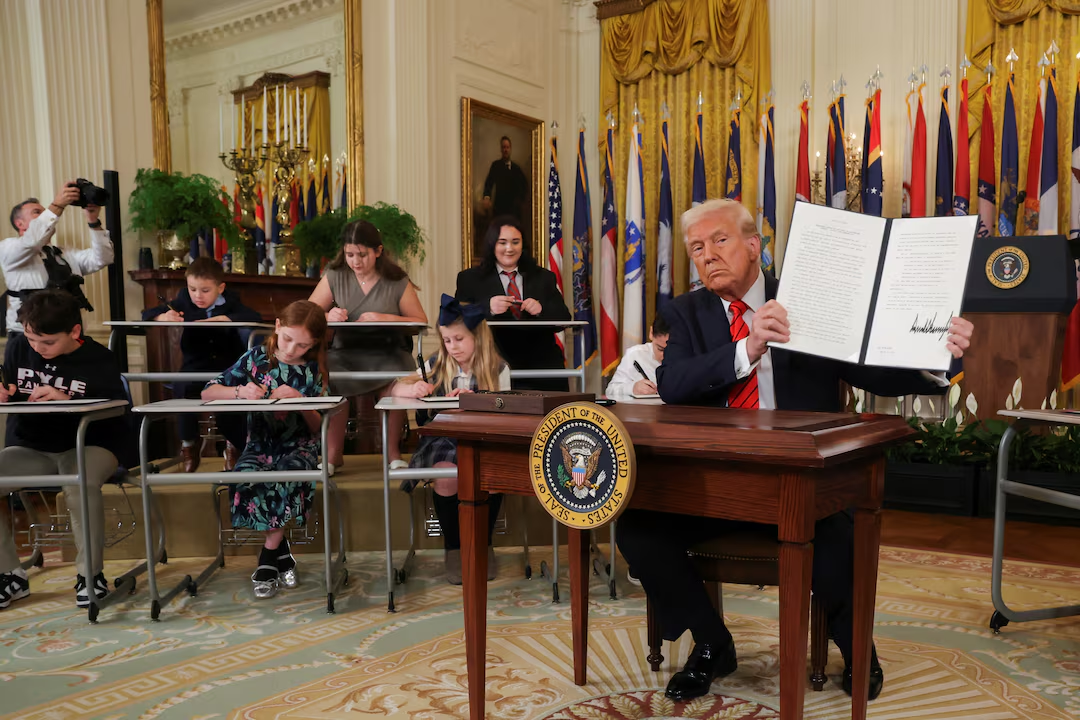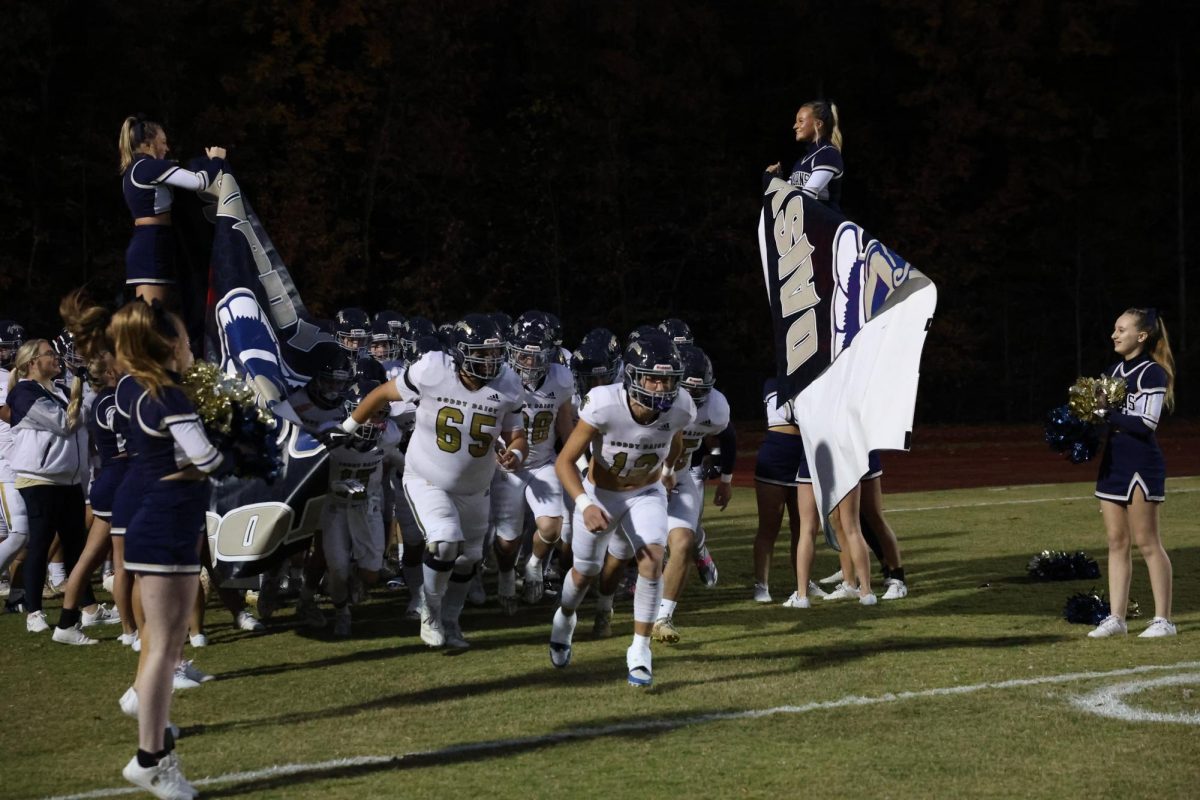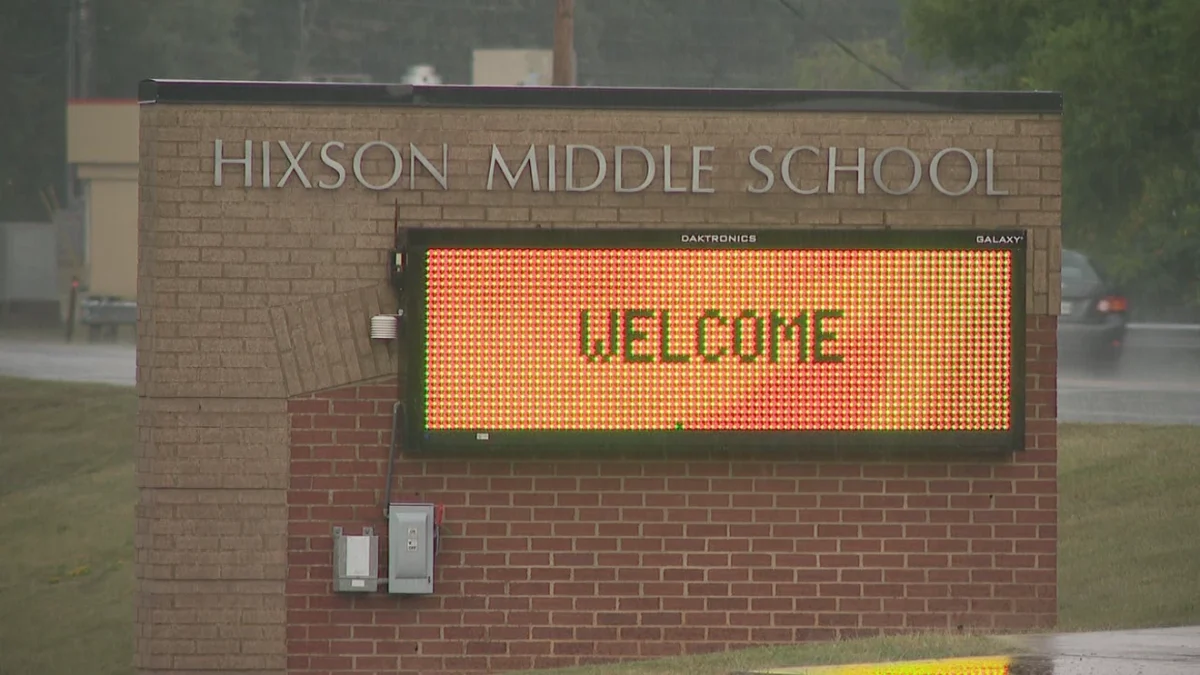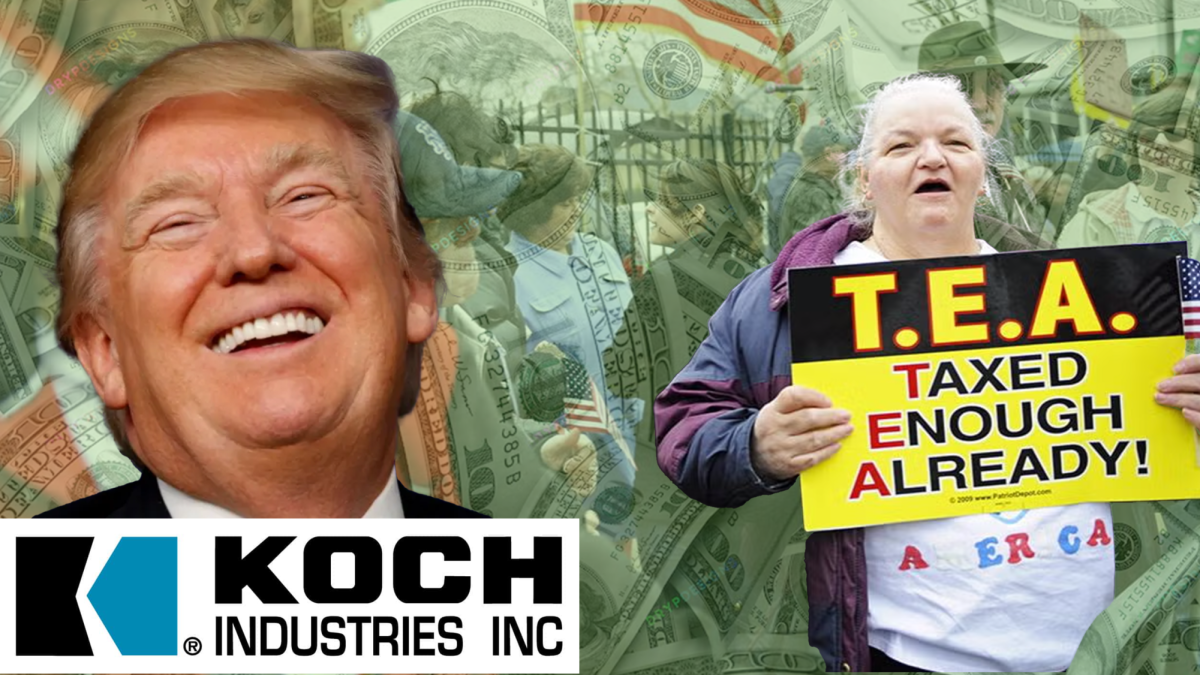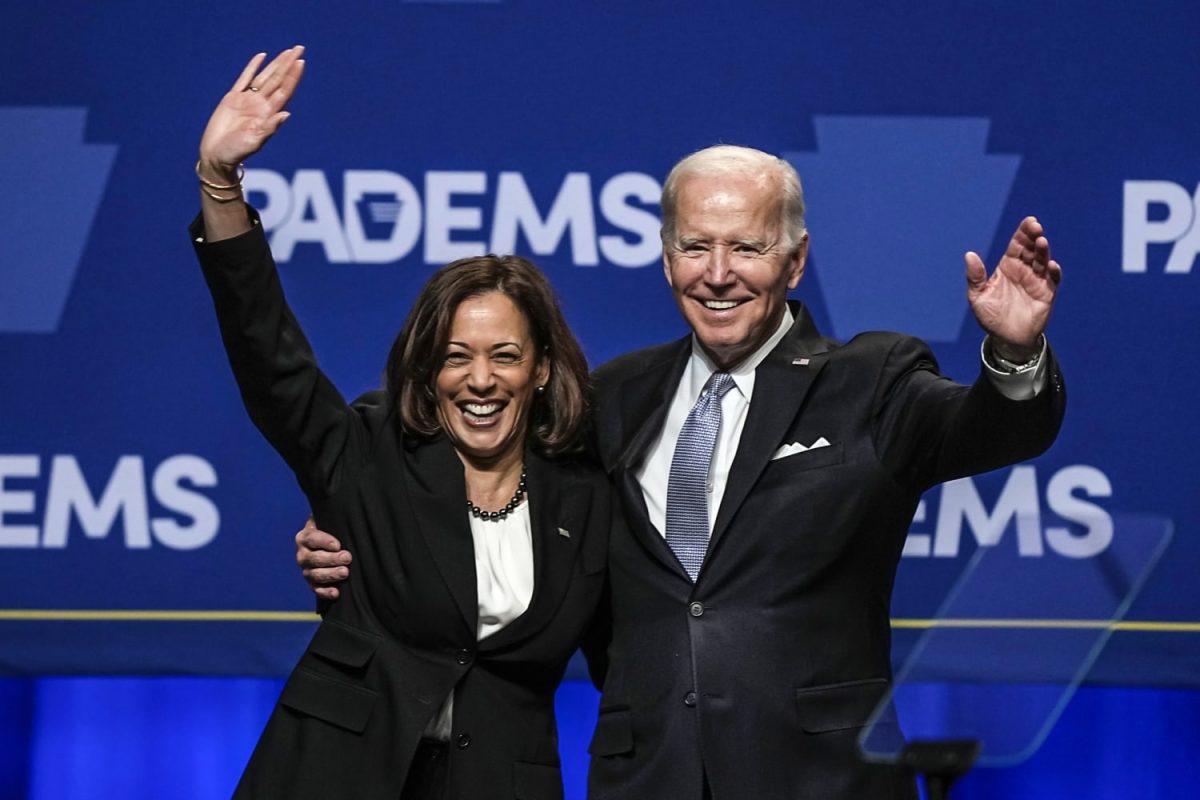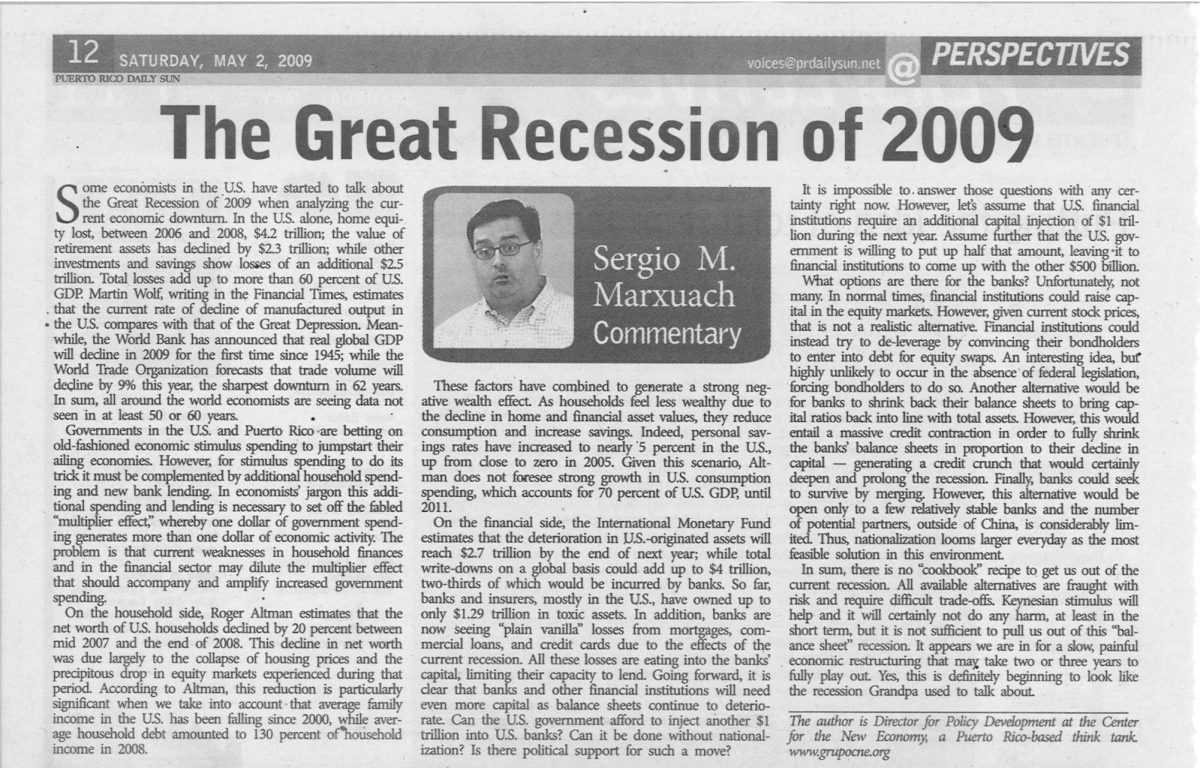Labor unions have been a part of the American labor force since 1866. And while they were once deemed crucial, there’s now debate over whether they’re necessary. So now comes the big question: Do labor unions still matter? Research has found that the decline of labor unions tends to hurt workers more than helping them.
Labor unions do many things for people. Some of these include higher wages, improved conditions in the workplace, health insurance, paid vacations, legal support, and making the economy generally more equitable. With all this in mind, there are some flaws to labor unions. Some of these include that labor unions can be costly, can turn workers against companies, discourage individuality, and lead to inflation.
Inflation has become a major issue throughout the world in the 21st century. As prices go up, our economy goes into destructive tendencies. Inflation has become a major issue to many people in the US. Some things we tend to see are higher residential prices, higher gas prices, and of course higher prices in general retail. With this inflation, our country goes into more and more debt. We already have an insane amount of debt in the US, and inflation does nothing to help that.
An article by Dwight R. Lee claimed, “We are currently experiencing inflation for the same reason that any economy, at any time, has ever experienced inflation: the money supply has been growing more rapidly than the growth in production. Assume, for example, that the production of goods remained the same but the number of dollars we have to spend on these goods doubled. We would all be willing to spend approximately twice as much on each good as before.” He also wrote that, “Labor union activities do aggravate inflation, but they do it by reducing the real wages received by workers, not by increasing them.”
In order to reduce inflation, there’s a number of things America could do. “The Federal Reserve is rightly responsible for maintaining price stability and should continue to take steps to bring inflation down. However, navigating a ‘soft landing’ – in which inflation is brought under control without triggering a recession – on its own will be challenging for the Fed, particularly if lawmakers continue to use fiscal policy to worsen inflationary pressures. Congress and the President should instead work together to assist the Federal Reserve in fighting inflation, including by paying for new policies, ending COVID relief, lowering health care costs, raising revenue, reducing spending, boosting the supply side of the economy, and lowering prices within their purview” (crfb.org).




